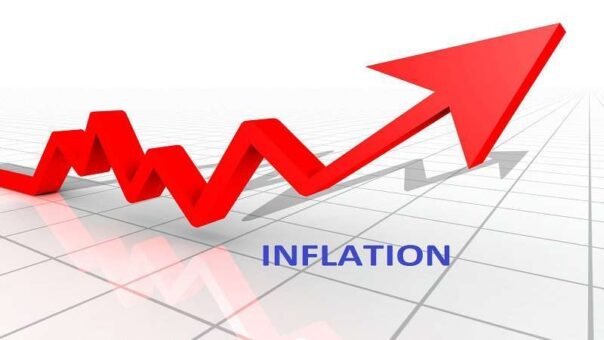Karachi, September 25, 2023 – Analysts have predicted that headline inflation in Pakistan for September 2023 could reach as high as 31.1 percent, primarily driven by surging energy prices. This projection comes as the country grapples with significant inflationary pressures.
Analysts from Arif Habib Limited noted that the year-on-year (YoY) headline inflation for September 2023 is expected to be 31.1 percent, marking an increase from the previous month’s figure of 27.4 percent in August 2023. Comparing this to the same period the previous year, September 2022, reveals a substantial rise in inflation, which was then recorded at 23.2 percent YoY.
READ MORE: State-Owned Enterprises Report Annual Losses of Rs500 Billion, Says Finance Minister
As a result, the average Consumer Price Index (CPI) for the first quarter of Fiscal Year 2024 (1QFY24) is anticipated to be around 28.9 percent YoY. This contrasts with the 25.1 percent YoY rate recorded in the same period the previous year. In September 2023, the average core inflation is also expected to rise, reaching 22.4 percent YoY, surpassing the previous month’s rate of 21.2 percent.
READ MORE: Pakistan’s Foreign Exchange Reserves Increase by $107 Million, Reach $13.186 Billion
Persistent monthly inflationary pressures are projected for September 2023, with an anticipated increase of 1.72 percent on a Month-on-Month (MoM) basis. The transportation index is expected to be a significant contributor to this trend, with a projected rise of 9.2 percent MoM and 31.4 percent YoY. This surge is attributed to an almost 11 percent MoM increase in the average prices of petrol and diesel during the outgoing month.
READ MORE: Pakistan Briefs IMF on Economic Stabilization Measures
Additionally, food inflation is expected to remain elevated, with prices of items such as onions, fresh vegetables, sugar, gur (jaggery), and pulses expected to be higher based on the Sensitive Price Indicator (SPI) data. Consequently, the food inflation rate is projected to increase by 1.4 percent MoM, leading to a YoY jump in the food index to 32.8 percent.
Looking ahead, several factors pose risks to overall inflation. These include the potential for sustained pressure on both food and energy prices, alongside an imminent adjustment in gas tariffs. It is important to note that the strengthening of the Pakistani Rupee (PKR) against the US dollar is expected to play a mitigating role, providing some relief from inflationary pressures.
READ MORE: Pakistani Banks Face Sovereign Risk amid Rising Government Debt: IMF Report
Pakistan faces the challenge of managing high inflation while striving for economic stability and growth. The government and relevant authorities continue to monitor the situation and implement measures to address inflationary pressures.
